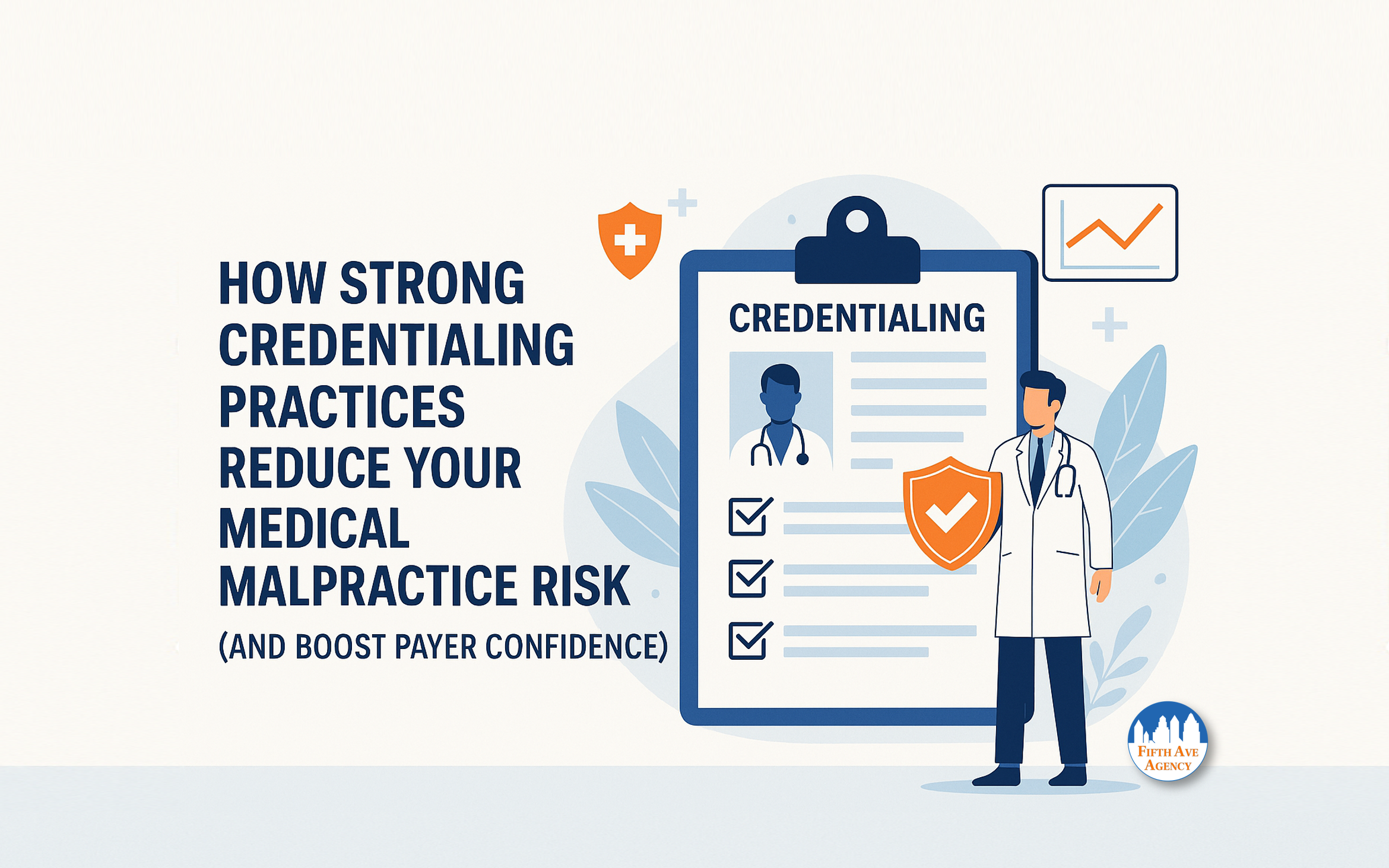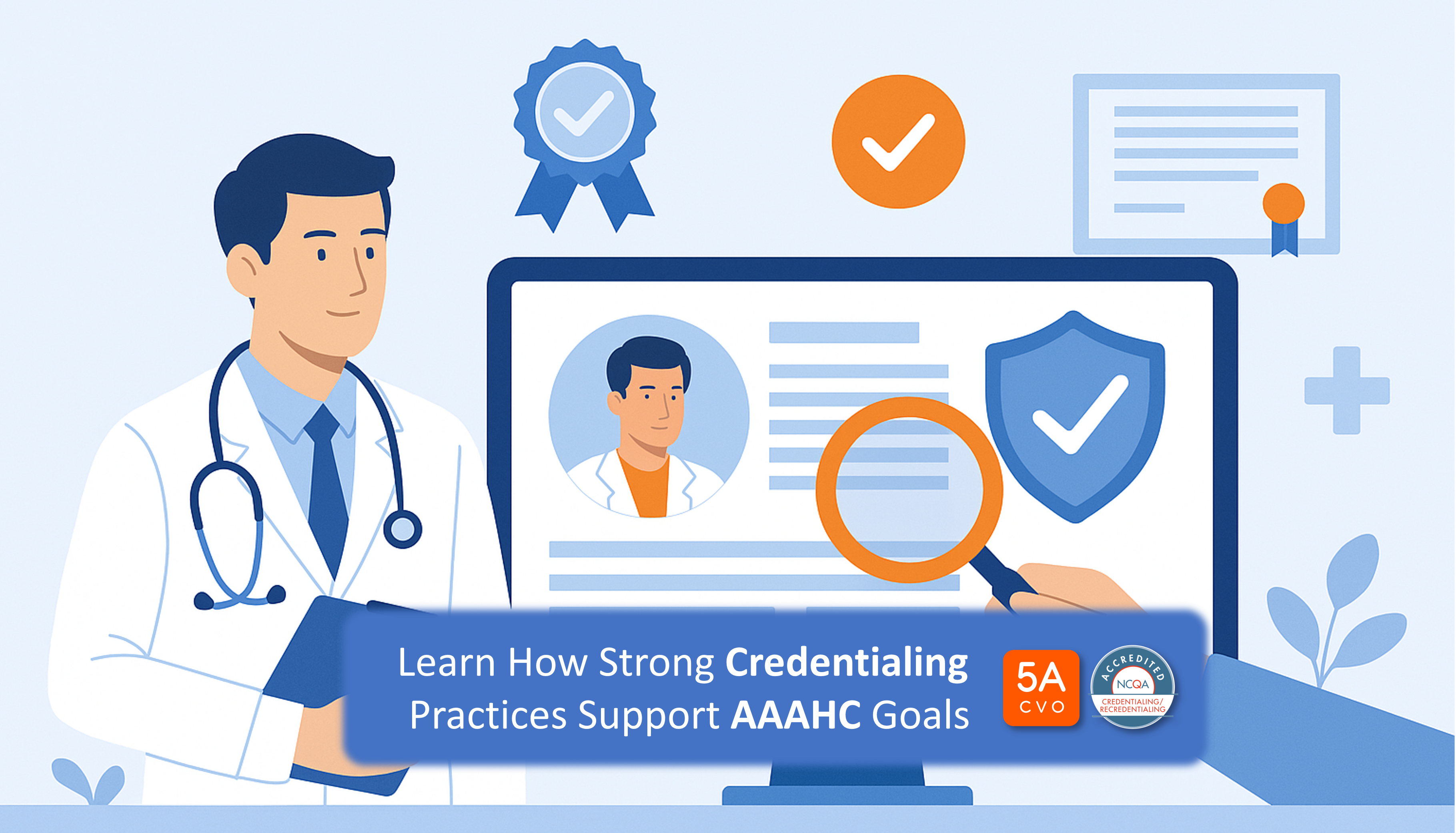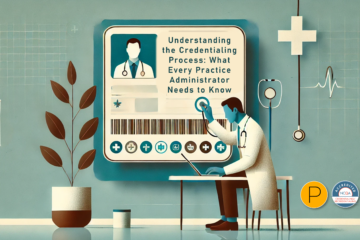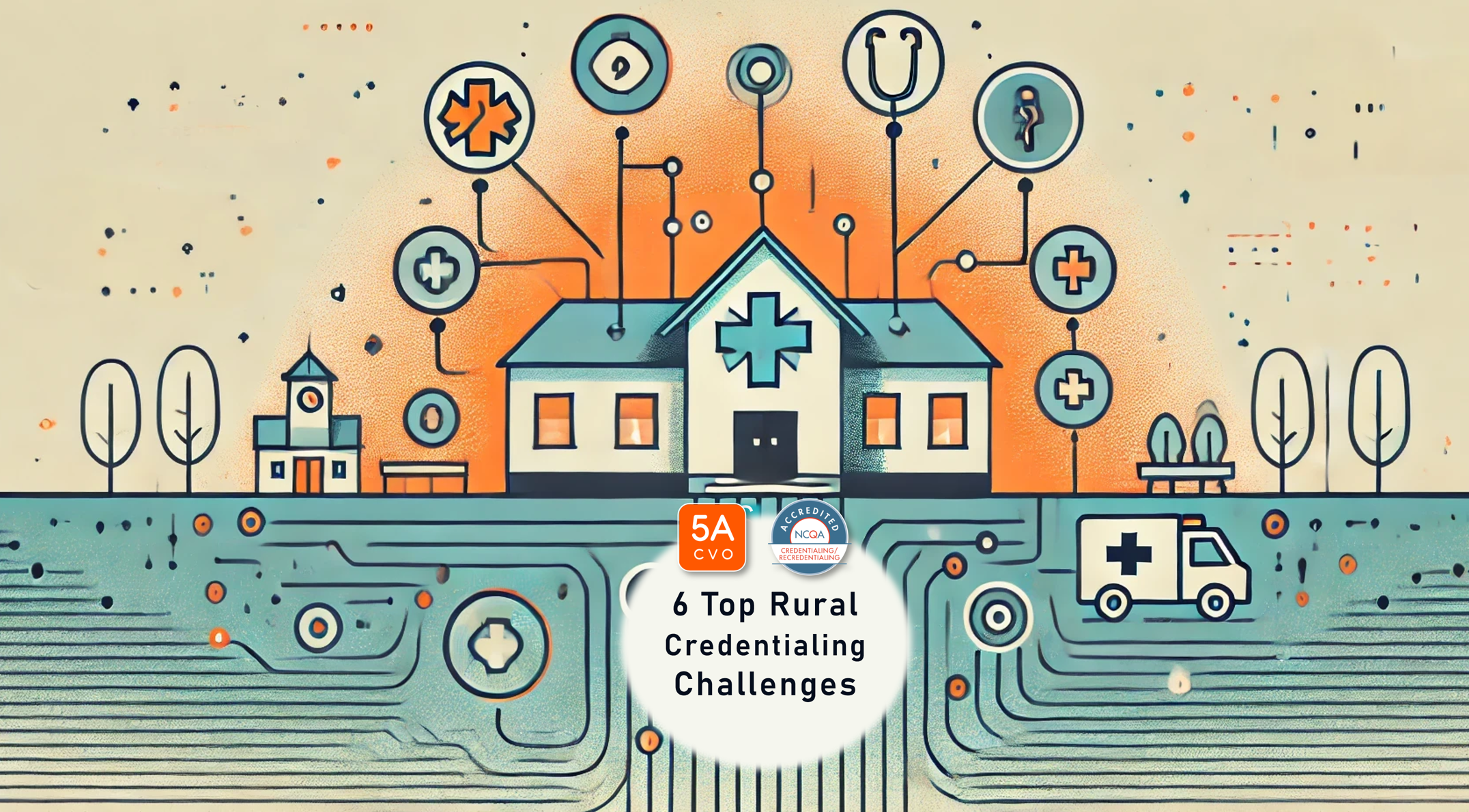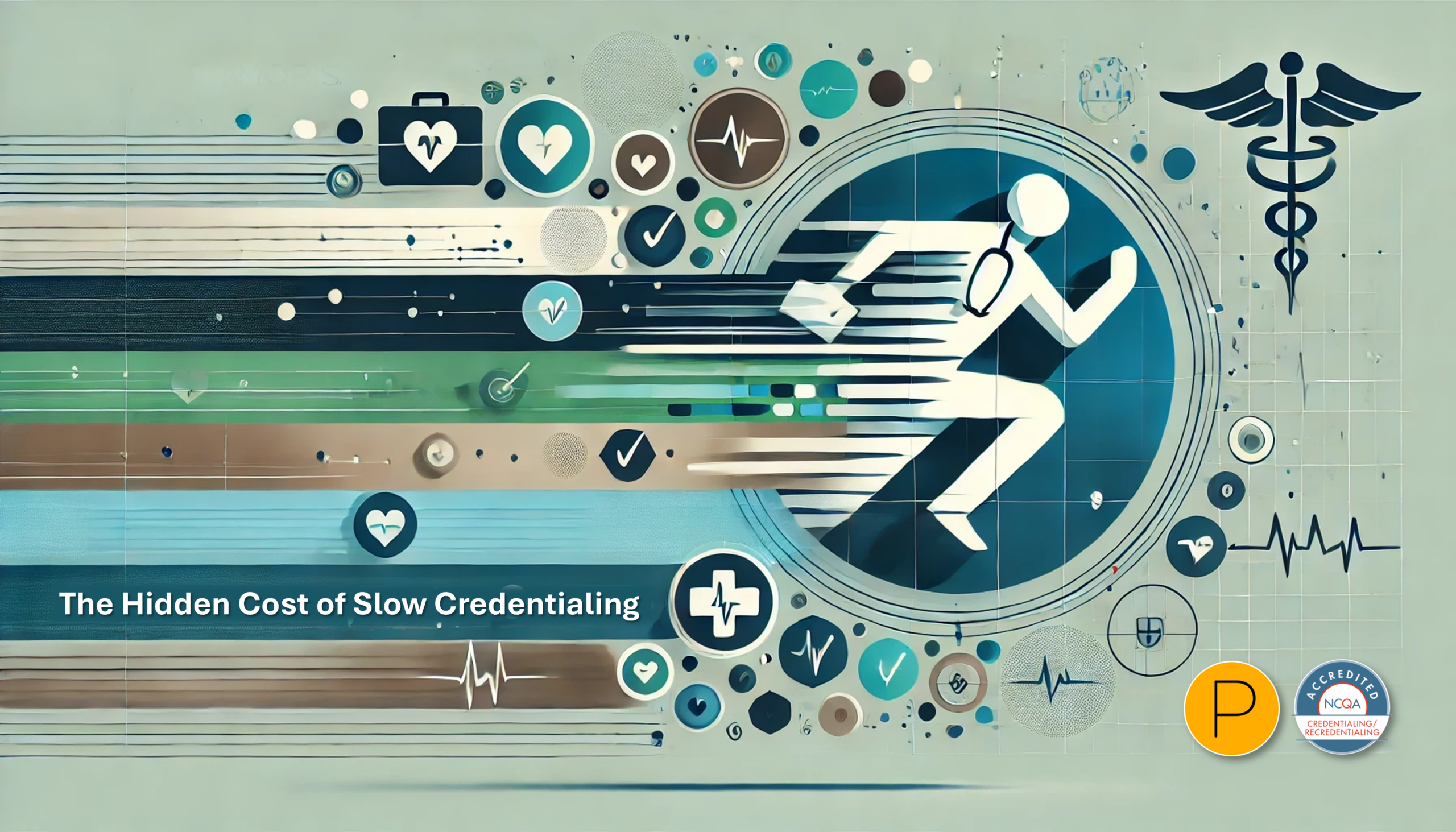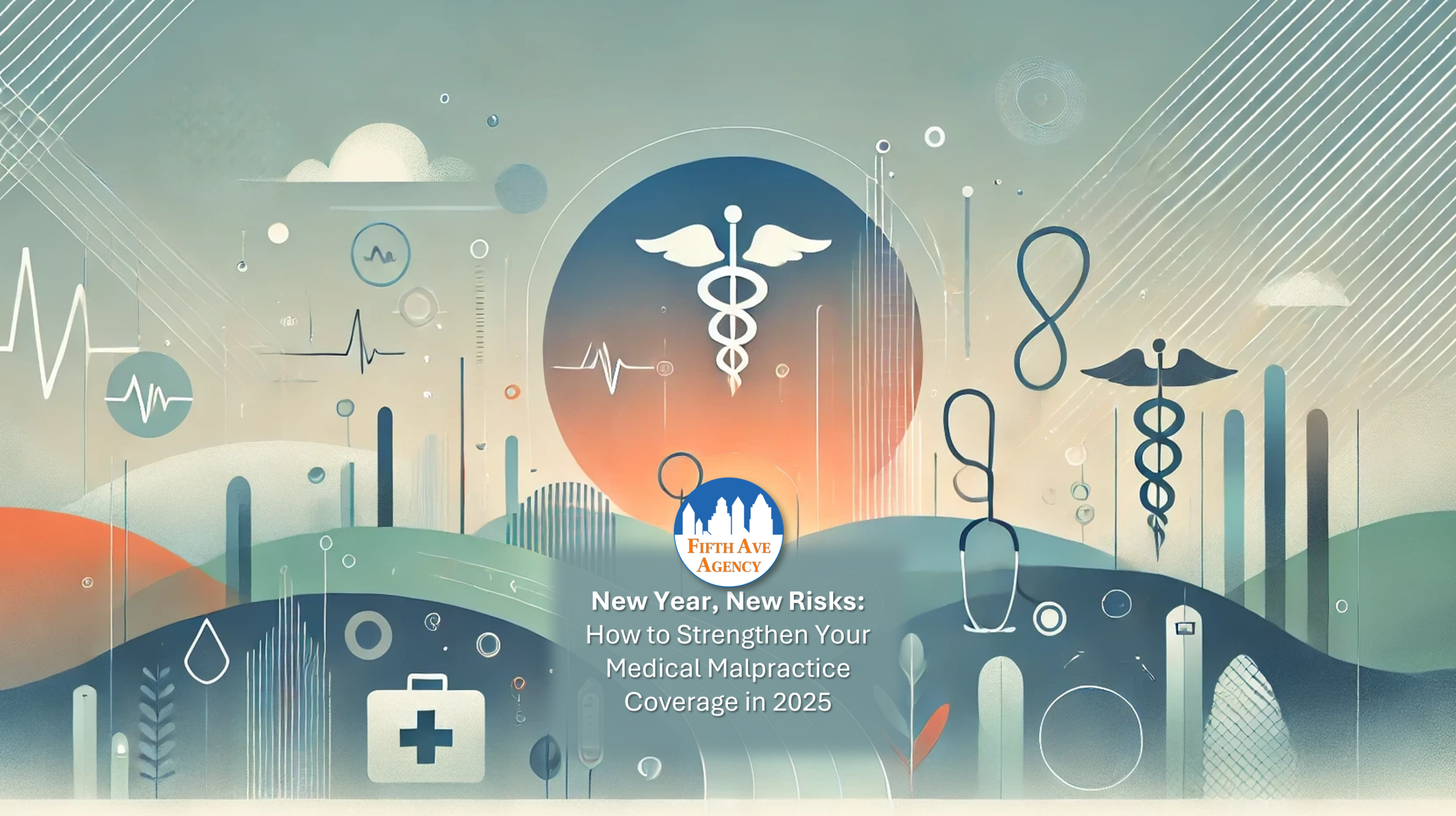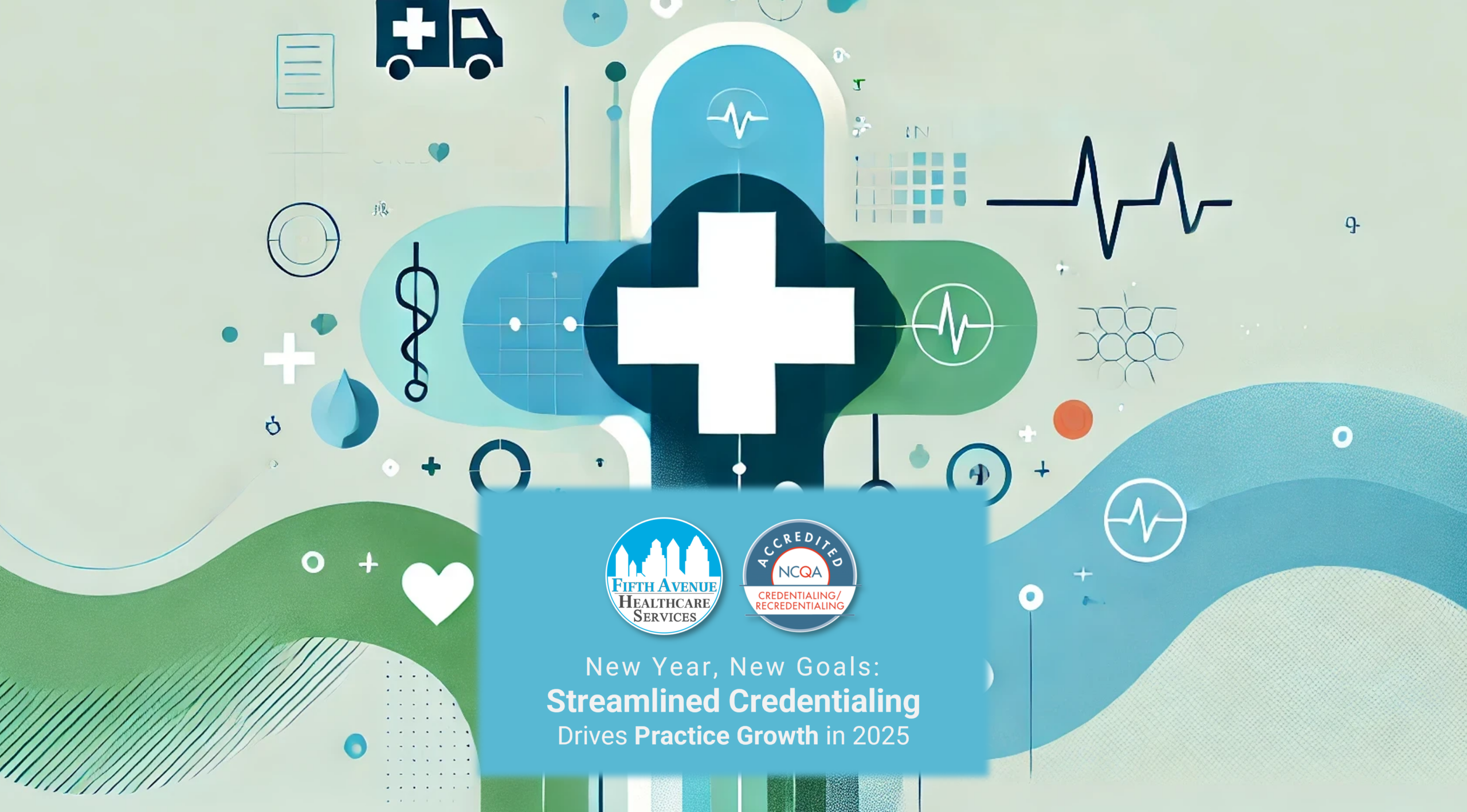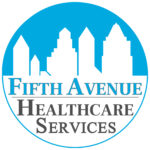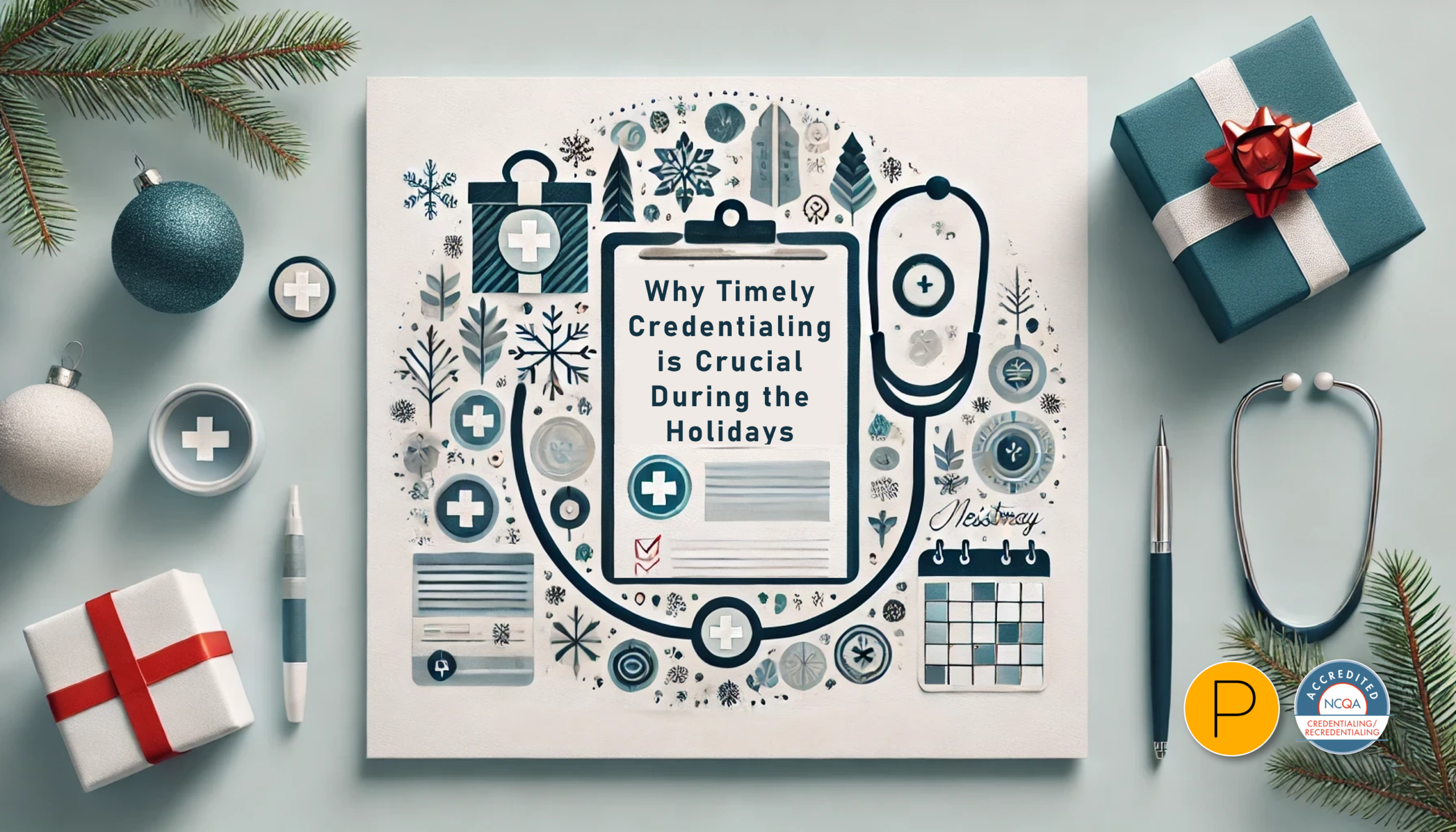Credentialing is a critical process in healthcare that ensures medical professionals are qualified and capable of providing safe and effective care. This specialized procedure plays a central role in maintaining high standards within the healthcare industry, affecting hospitals, clinics, and private practices. This article delves into the significance of credentialing, the process involved, and the top factors essential for anyone in healthcare management or administration to understand.
What is Healthcare Credentialing?
In healthcare, credentialing is the systematic approach to verifying and assessing the qualifications of medical professionals to ensure they meet the necessary standards to practice medicine. This process involves evaluating the credentials related to medical education, training, residency, licenses, certifications, and any additional qualifications pertinent to their field of specialization.
The Purpose of Healthcare Credentialing
The primary purpose of credentialing in healthcare is to protect patients and ensure the delivery of quality medical services. It acts as a safeguard, preventing unqualified individuals from providing healthcare services, reducing the likelihood of medical errors, and increasing overall patient safety.
The Healthcare Credentialing Process
Healthcare credentialing typically follows a structured process:
- Application: Healthcare providers submit detailed information, including their educational background, training, board certifications, work history, and professional references.
- Verification: Each piece of information is meticulously verified. This verification is often conducted by directly contacting universities, licensing boards, and previous employers.
- Assessment: The verified credentials are assessed against standards set by governing bodies or healthcare institutions.
- Decision: A credentialing committee or board reviews the gathered and verified information to make a final decision on credential approval.
- Ongoing Monitoring: Credentialing is an ongoing process that requires regular updates and re-evaluations to ensure continued compliance with healthcare standards.
Top Factors to Know About Healthcare Credentialing
1. Regulatory Compliance
Healthcare providers must comply with various regulatory requirements that govern their practice. These include state and federal regulations, specialty-specific guidelines, and standards set by Medicare and Medicaid. Non-compliance can result in legal repercussions and loss of accreditation.
2. Accreditation Standards
Many healthcare organizations seek accreditation from bodies such as The Joint Commission, AAAHC, and NCQA. These organizations have strict credentialing standards that often exceed governmental regulations.
Achieving and maintaining accreditation necessitates continuous adherence to these rigorous standards, which include not only verifying credentials but also ensuring continuous professional development and adherence to best practices in patient care. Staying accredited assures patients and other stakeholders of the quality and safety of care.
3. Data Integrity
Accuracy in the credentialing process is paramount. Misrepresentations, outdated information, or errors in verifying credentials can lead to serious consequences, including jeopardizing patient safety. Therefore, healthcare facilities must invest in robust systems to manage and verify data accurately.
4. Technological Efficiency
The complexity of credentialing in healthcare necessitates using advanced technology and credentialing management systems. These systems help streamline the verification process, maintain comprehensive records, and ensure timely updates of provider credentials.

5. Timeliness
Given the critical need for healthcare services, any delays in the credentialing process can significantly impact service delivery. Efficient credentialing processes are crucial for rapidly onboarding qualified healthcare providers, especially in areas facing staffing shortages.
6. Transparency
Transparency in credentialing fosters trust among stakeholders, including healthcare providers, regulatory bodies, and patients. Clear communication regarding the criteria, process, and decisions related to credentialing is vital for maintaining this trust.
Healthcare organizations should ensure that their credentialing processes are accessible and understandable, with mechanisms in place for providers to query or appeal decisions. This transparency builds confidence in the credentialing process and supports the overall integrity of healthcare delivery.
7. Cultural Competence
Healthcare is diverse, and credentialing systems must recognize qualifications from various international and culturally distinct backgrounds. Evaluating these credentials requires a deep understanding of different educational and training systems worldwide.
8. Legal Implications
Credentialing in healthcare is fraught with legal implications. This includes adhering to strict privacy laws regarding handling personal information and navigating the complexities of employment and anti-discrimination laws.
Credentialing in Healthcare Conclusion
Credentialing is indispensable in the healthcare industry to ensure that medical professionals are appropriately qualified and capable of providing safe, effective care. Understanding the intricacies of the credentialing process and keeping abreast of the essential factors influencing it is crucial for anyone involved in healthcare management.
As the healthcare landscape evolves, so must the approaches and technologies used for effective credentialing, ensuring they meet the industry’s dynamic needs and uphold the highest standards of patient care.
Below are six sources that cover a range of aspects related to the credentialing process, from general overviews and specific guidelines to the use of technology and legal considerations.
American Medical Association (AMA) – Credentialing This source from the American Medical Association provides comprehensive information about the credentialing process in healthcare, including guidelines and standards for physicians. Website: ama-assn.org
The Joint Commission – Accreditation and Certification The Joint Commission is a significant body in healthcare accreditation. Their resources detail the standards and processes involved in credentialing for accreditation purposes. Website: jointcommission.org
Health Resources and Services Administration (HRSA) – Credentialing and Privileging HRSA offers guidance on credentialing in healthcare facilities, focusing on ensuring quality and safety in patient care through rigorous credential verification processes. Website: hrsa.gov
National Committee for Quality Assurance (NCQA) – Credentialing NCQA provides standards and resources for effective credentialing practices to improve healthcare quality. Website: ncqa.org
Healthcare Information and Management Systems Society (HIMSS) – Technology in Healthcare Credentialing HIMSS discusses the impact of technology on healthcare credentialing, including using electronic systems to streamline processes and improve data integrity. Website: himss.org
Federation of State Medical Boards (FSMB) – U.S. Medical Regulatory Trends and Actions This resource provides detailed information on legal and regulatory issues affecting medical practice in the U.S., including aspects of credentialing and licensing. Website: fsmb.org
These references offer a mix of authoritative insights, regulatory guidelines, and the latest trends in healthcare credentialing.
More information about 5ACVO
5ACVO is an NCQA Credentialing Accredited company specializing in credentialing and primary source verification and is part of the Fifth Avenue Healthcare Services family. Its sister companies include Fifth Avenue Agency (MPLI and medical malpractice insurance specialists) and Primoris Credentialing Network (credentialing and provider enrollment specialists with 54+ health plan and network provider enrollment options).
5ACVO originally published this article here. For more information on 5ACVO, please visit 5ACVO.com or Contact Us.





